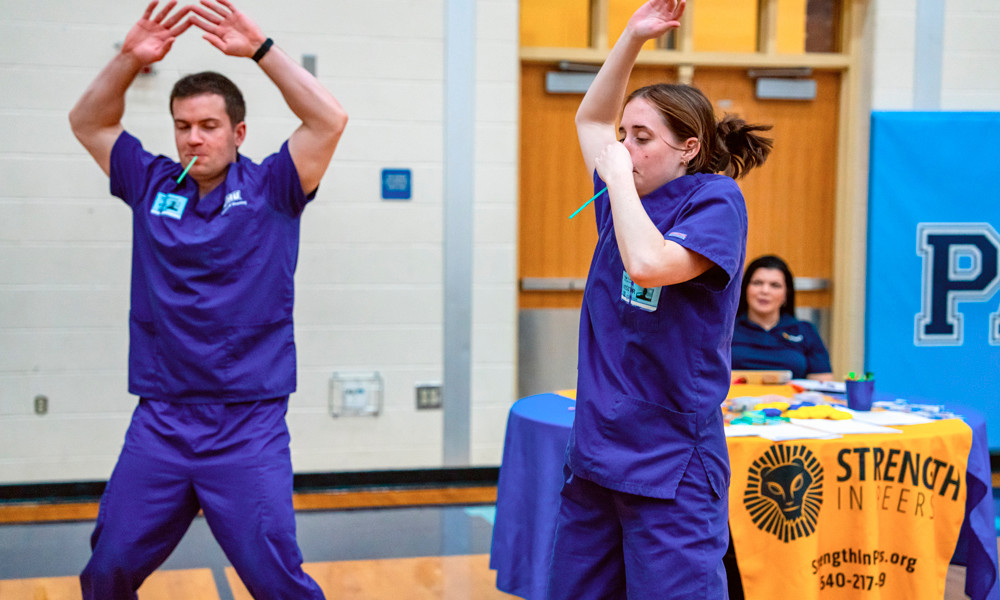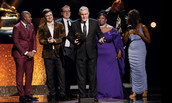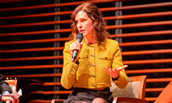Article Not Found
It looks like the article you are looking for is no longer available. Please explore our latest headlines, featured stories and other publications below.
Latest Headlines
JMU professor receives Smithsonian National Portrait Gallery award
JMU art history professor, Dr. Laura Katzman, has been awarded the 2024 Director’s Essay Prize for Scholars by the Smithsonian National Portrait Gallery.
Board of Visitors summary of actions and discussions
The JMU Board of Visitors met Friday, Sept. 13, in the Festival Conference and Student Center.
JMU Board of Visitors to meet
The JMU Board of Visitors will meet on Friday, Sept. 13, at 8:30 a.m. in the Festival Conference and Student Center.
JMU celebrates inaugural ‘Game Changer’
Doreen Liccione (’92), an academic adviser in the CoB, is recognized as a “Game Changer” for her outstanding work benefiting JMU Athletics.
Madison Vision Series continues with Constitution Day lecture
Raj Vinnakota, president of the Institute for Citizens & Scholars, will discuss bridging our political divides and democracy’s role in higher education.
President King applauds JMU wage employees
JMU President Charlie King celebrated the significant contributions wage employees make at JMU during an annual breakfast at Festival.
JMU receives grant to increase mental health assistance
The State Council of Higher Education for Virginia recently awarded JMU a grant to improve mental health services and increase providers on campus.
With Chesney in charge, JMU football continues its winning ways
The JMU Dukes football team started the Bob Chesney era on Saturday, Aug. 31 with a 30-7 win at Charlotte.
JMU honors faculty, staff with 2024 President’s Purple Star Awards
JMU recently celebrated its faculty and staff by awarding the 2024 President’s Purple Star Awards at this year’s university welcome event.
-
 Professor pens best-selling book about bookstores
Professor pens best-selling book about bookstores
-
 REACH seeks to address rural needs by building community capacity
REACH seeks to address rural needs by building community capacity
-
 CHBS professor leads Psychology student in unique FYRE project
CHBS professor leads Psychology student in unique FYRE project
-
 JMU prepared music producer for the big time
JMU prepared music producer for the big time
-
 Performing her civic duty
Performing her civic duty
-
 Redefining mental health days
Redefining mental health days
Featured Stories
Read More
